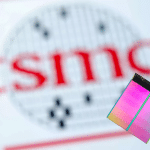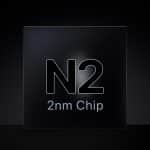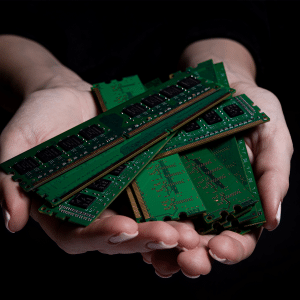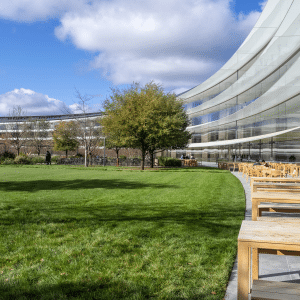The preliminary agreement, reported by The Information and detailed by AppleInsider, outlines a unique arrangement where TSMC would hold a 20% stake in a new entity operating Intel’s chipmaking facilities. Intel, alongside other semiconductor players, would retain the majority ownership. Rather than injecting cash, TSMC plans to contribute its technical know-how, sending skilled personnel to train American workers and adapt Intel’s foundries to its advanced processes. Discussions are ongoing, but the goal is clear: ramp up domestic chip production.
This partnership comes at a pivotal moment. Apple, a long-standing TSMC client, relies heavily on the Taiwanese firm to produce its custom silicon, from iPhone A-series chips to the M-series powering Macs. Meanwhile, Intel has struggled to keep pace with TSMC’s cutting-edge fabrication tech, losing Apple as a CPU customer when the company shifted to Apple Silicon in 2020. Now, this collaboration could merge their strengths—Intel’s U.S. infrastructure with TSMC’s industry-leading methods.

Why It’s a Big Deal
For Apple, more U.S.-based chip production means a stronger, more resilient supply chain. The company recently committed $500 billion to American manufacturing, with TSMC pledging $100 billion to build Arizona foundries. One such facility began producing A16 chips in September 2024, though it meets only a fraction of Apple’s needs. Expanding capacity through Intel’s factories could accelerate this shift, reducing reliance on overseas production amid geopolitical tensions and tariffs.
The timing is notable. President Trump’s recent tariff policies have rattled markets, threatening higher costs for imported goods—including chips. While TSMC’s Arizona plant is a start, scaling up U.S. output via Intel’s established network could offset these pressures. Bloomberg notes that Intel’s foundries, though currently equipped with outdated tools for TSMC’s processes, could be retooled over time, potentially producing more advanced chips for Apple devices.
Challenges Ahead
This isn’t a quick fix. Intel’s facilities use different equipment and methods than TSMC’s, requiring a significant overhaul. Selling or scrapping incompatible gear, installing TSMC-compatible machines, and training staff could take years. The Information highlights that even with a deal, full-scale production might lag, echoing delays seen in TSMC’s Arizona rollout. Still, the long-term payoff—more domestic chips for Apple—keeps the venture compelling.
Apple’s role as TSMC’s biggest customer adds weight to the project. The company’s chip designs, like the A18 or M4, demand precision and scale that TSMC has mastered. Integrating this expertise into Intel’s foundries could not only boost Apple’s supply but also elevate U.S. semiconductor capabilities, aligning with national goals under the CHIPS Act.
What It Means for Users
For everyday Apple users, this shift promises stability. More U.S.-made chips could mean fewer supply hiccups, keeping iPhones, iPads, and Macs on shelves even if global trade falters. It’s less about immediate flashy upgrades—don’t expect an M5 MacBook next week—and more about ensuring the gears keep turning. If successful, this could also pave the way for other tech giants to tap domestic foundries, strengthening the broader ecosystem.
The joint venture reflects a pragmatic, pro-innovation stance. It’s not blind cheerleading—challenges like equipment mismatches and training curves are real—but a calculated step toward practical gains. As TSMC’s Arizona plant aims for full capacity by mid-2025, adding Intel’s resources could close the gap between Apple’s demand and U.S. supply faster than building new factories from scratch.
Looking Forward
While talks between TSMC and Intel continue, the implications are already stirring excitement. Apple’s silicon prowess, paired with a bolstered U.S. manufacturing base, could redefine how its devices are made. It’s a slow burn—years, not months—but the payoff could be a more secure, homegrown supply of the chips powering your next iPhone. For now, this partnership is a bold bet on American tech resilience, with Apple poised to reap the rewards.













